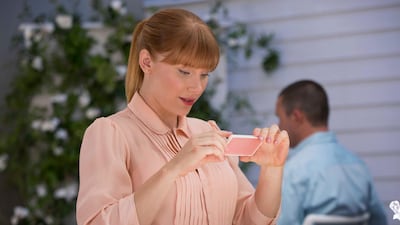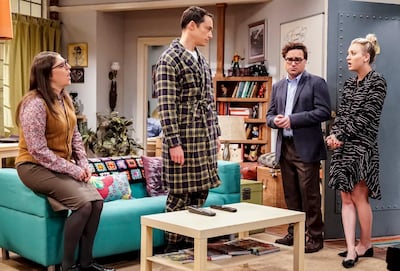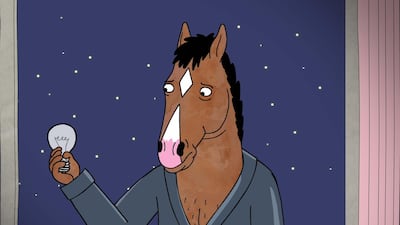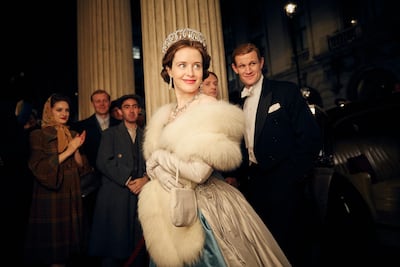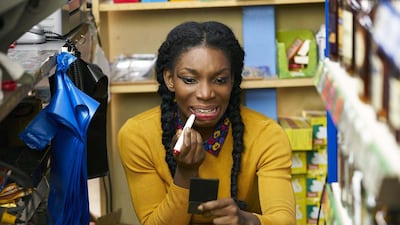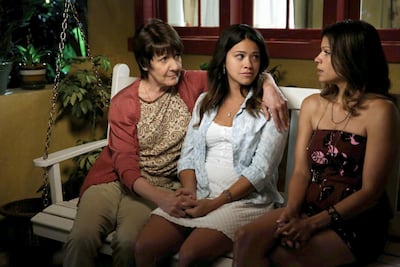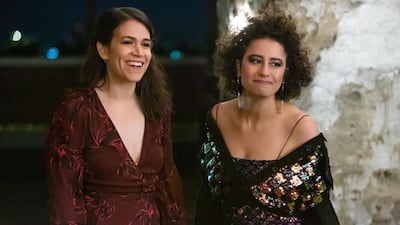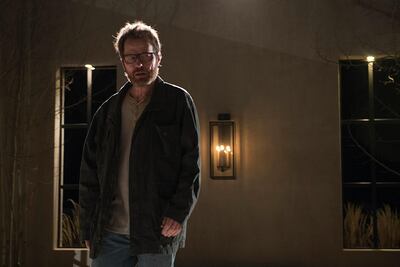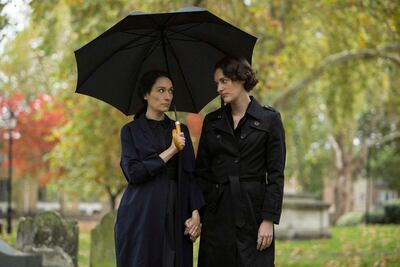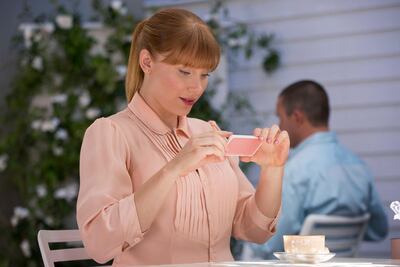Over the past decade the gap between the silver and small screen has reduced dramatically. For years film stars, writers, producers and directors have looked down on television. But Hollywood’s recent reliance on the blockbuster, and the superhero genre
in particular, means cinema’s finest creative talents have turned to TV series when it comes to screening original content, especially since Netflix, Amazon, Hulu and now Apple and Disney have been throwing so much money at the medium. But what have been the standout shows during this great period of change? Here’s my pick of the 15 best TV shows from 2010 to 2019.
15. 'The Big Bang Theory'
While The Big Bang Theory might have been entering its fourth season at the turn of the decade, this was when the sitcom really turned into a juggernaut. It finally culminated after 12 seasons and 279 episodes in May, and while it was often criticised for being too formulaic, the performances of its leading six actors meant it was always warm, funny enough and delivered exactly what mainstream viewers wanted from a sitcom.
14. 'BoJack Horseman'
When it originally premiered in August, 2014, BoJack Horseman was expected to be another hysterical but crude animation for adults. With a vocal cast of Will Arnett, Amy Sedaris, Alison Brie and Paul F Tompkins, it is undeniable that the Netflix comedy has always been hilarious. But in recent seasons its exploration of depression, addiction, sexism, racism and self-destructive behaviour has given it a poignancy and depth that made it really stand out.
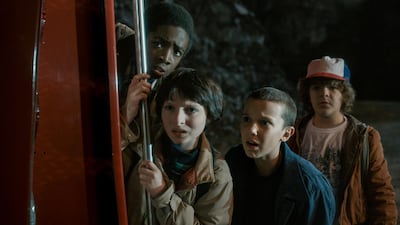
13. 'Stranger Things'
Another Netflix original, Stranger Things was an instant smash-hit when it debuted in July, 2016, as its homage to 1980s pop culture, especially the work of Steven Spielberg, John Carpenter, and Stephen King, and its imaginative and constantly intriguing plot hooked viewers. Far from being a one season wonder, though, its follow-up seasons have managed to be just as impressive, while it has already turned its young cast it bona-fide stars.
12. 'The Crown'
This is a show that really shouldn't work as well as it does. Peter Morgan's epic will eventually tell the story of Queen Elizabeth II's entire tenure as monarch of the UK, using three different sets of actors to depict the royal family. Claire Foy and now Olivia Colman have done exemplary work in the leading role, but it is the direction, production design, and illuminating writing that has really made it shine.
11. 'Chewing Gum'
While it only lasted for 12 episodes and two seasons, Michaela Coel’s virtuoso work as the writer, director and star of Chewing Gum immediately established her as one of the most exciting talents in television. The show’s reputation was only enhanced when it hit Netflix in the US, where its constantly quotable dialogue and sheer zaniness turned it into a cult commodity.
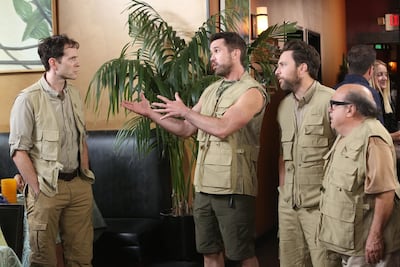
10. 'It's Always Sunny In Philadelphia'
It feels strange to call Dennis, Dee, Charlie, Mac and Frank beloved characters, as they’ve committed some of the most heinous acts shown on television. However, after 154 episodes and 14 seasons, there’s no denying their popularity, and while The Gang’s self-absorbed antics down at Paddy’s Pub in South Philadelphia often make for dark comedy, there are enough heartfelt moments to make it resonant, too.
9. 'Jane The Virgin'
This is another show that shouldn’t work as well as it does. But the satirical telenovela has always been gloriously watchable and enjoyable because it made sure its outlandish plots were both deeply touching and genuinely witty. It also helped that it was led by a superb performance from Gina Rodriguez as the titular Jane, while over the course of its five seasons it became more and more complex, without ever sacrificing what made it so successful.
8. 'Broad City'
No TV pair has been more seminal than Ilana Glazer and Abbi Jacobson's eponymous characters in Broad City. Simply put, Abbi and Ilana managed to make anything and everything funny throughout its five seasons totaling 50 episodes. Broad City was clearly an extension of their own personalities and lives in Brooklyn and New York, which helped give it a detail and uniquely modern outlook that other shows of the decade were severely lacking.
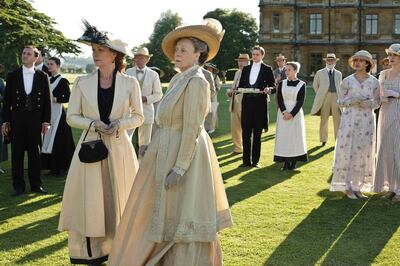
7. 'Downton Abbey'
While it was popular throughout its six-season run, it was the huge success of the Downton Abbey movie that proved just how much of a behemoth it had become. Like with The Crown, this had a lot to do with its luxurious depiction of aristocratic England and the always incredible performances of its stunning ensemble, especially since the writing waned as seasons unfolded. But, when at its peak, it was one of the most beguiling and satisfying shows on television.

6. 'Planet Earth II'
This is the television equivalent of a warm, soothing bath. Not only are there the dulcet tones of David Attenborough narrating all six episodes of its one and only season, but there's also Hans Zimmer's score and the technological advancements mean the intimate and breathtaking high-definition footage acquired is genuinely jaw-dropping. Basically, Planet Earth II is so integral it should be on the school curriculum worldwide.
5. 'Breaking Bad'
Sure, only seasons three, four and five of Breaking Bad were broadcast this decade, but this is where it really hit its peak and blossomed into one of the most-talked-about shows of the past 25 years. Its final 16 episodes, where it basically turned into a modern Western, with elements of the heist and thriller genre, were all incredible, and meant it went out on a superb high in 2013. Something that most other shows fail to do.
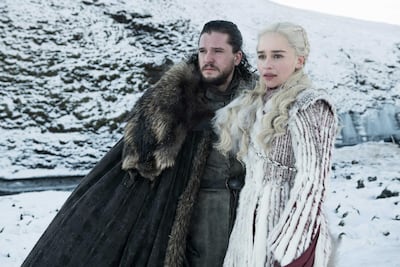
4. 'Game Of Thrones'
Admittedly, the last season of Game of Thrones was vastly underwhelming. But that shouldn't take away from just how epic, incredible and exciting its first seven seasons were. More than that, it changed television forever, too, as it was so visually arresting, ambitious and successful that HBO's rivals had no other option than to try and match it.

3. 'Mad Men'
The series was already three seasons old by 2010. But it continued where it left off in the noughties. Endlessly fascinating and subversive, the nuances and subtlety of the show's writing and performances meant it always demanded much more from its audience. This just made Mad Men more rewarding, though, especially when it came to its final sequence, which ended the show perfectly.
2. 'Fleabag'
Phoebe Waller-Bridge's revelatory comedy drama might be benefiting a tad from recency bias, as the second and supposed final season of Fleabag only just swept up at the Emmys in September, but there's no denying that the groundbreaking show is one of the best of the decade. Its use of breaking the fourth wall, especially in its second season, was one of the most ingenious pieces of storytelling in memory. Its writing, performances, and basically everything about it means Fleabag deserves every bit of recognition it gets
1. 'Black Mirror'
More than nine years after debuting in England on Channel 4, every new episode of Black Mirror, released on Netflix, still feels like an event. Sure it can be maddeningly inconsistent, but each installment is unique, arresting and genuinely thought-provoking, and no show has come close to capturing and tapping into the political and social anxieties and upheaval that have dominated the 2010s. Long may it continue to do so.
